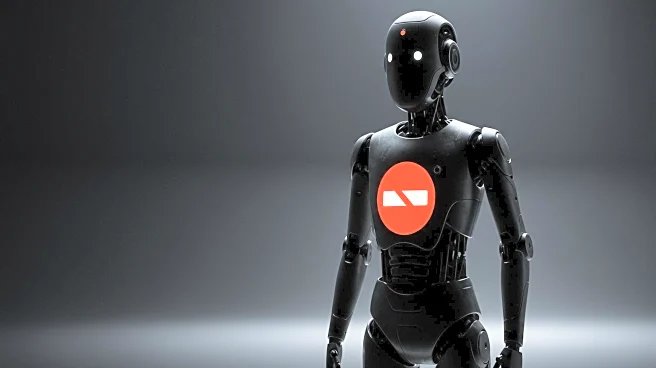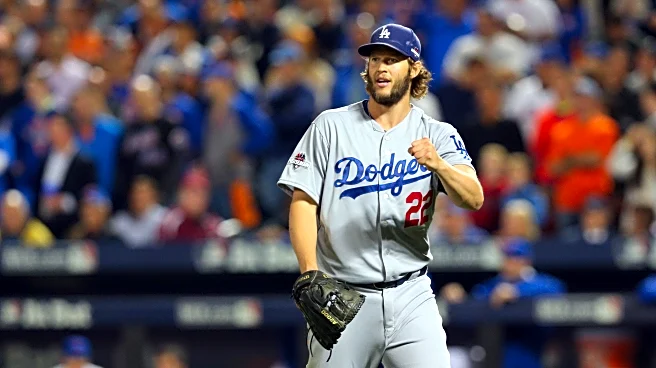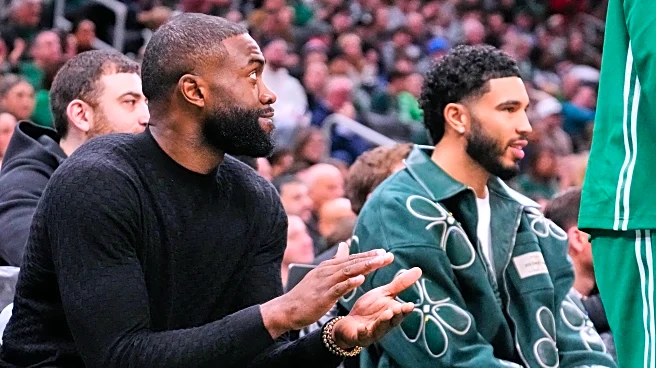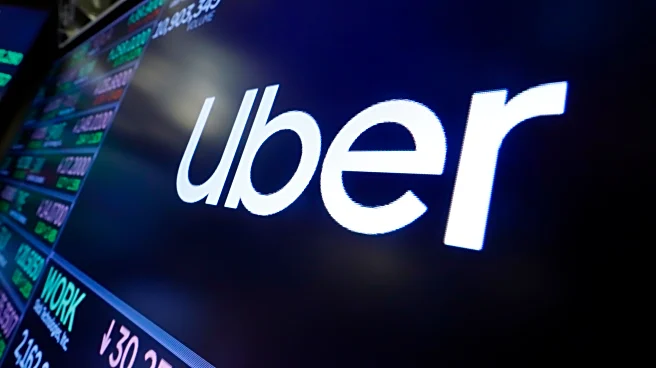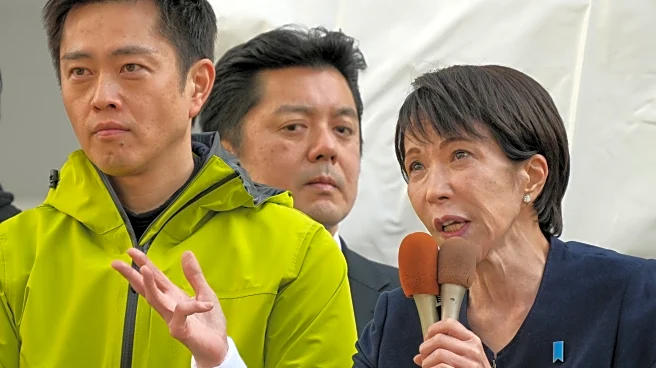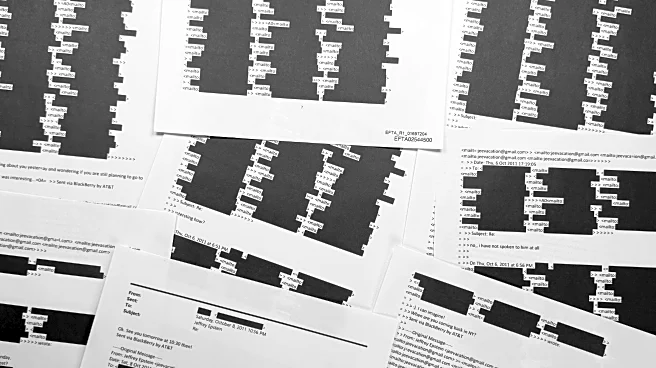What is the story about?
What's Happening?
Raphael Bob-Waksberg, creator of BoJack Horseman, has launched a new animated series titled Long Story Short, which includes a disclaimer against AI use in its production. This move aligns with recent industry trends where studios are increasingly issuing anti-AI disclaimers to emphasize human involvement in creative processes. Universal Pictures has similarly added legal warnings against AI training programs in several of its films. These disclaimers reflect a growing resistance to AI's encroachment in Hollywood, as studios and creators seek to protect human artistry from being overshadowed by technology.
Why It's Important?
The inclusion of anti-AI disclaimers in media productions highlights a significant cultural shift in the entertainment industry. As AI technologies advance, there is a growing concern about their impact on creative jobs and intellectual property rights. These disclaimers serve as a statement of value, reinforcing the importance of human creativity and craftsmanship. The trend may influence public perception and industry practices, potentially leading to more stringent regulations on AI use in media. It also underscores the ongoing debate about the ethical implications of AI in creative fields, affecting how content is produced and consumed.
Beyond the Headlines
The rise of anti-AI disclaimers could signal a broader movement towards valuing human creativity in an increasingly automated world. This trend may inspire other industries to adopt similar practices, emphasizing the importance of human involvement in various sectors. The cultural and ethical dimensions of AI use in media could lead to long-term shifts in how society views technology's role in creativity, potentially influencing educational and professional standards in creative fields.
